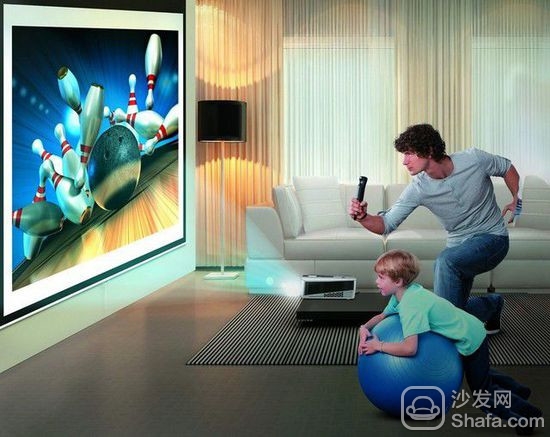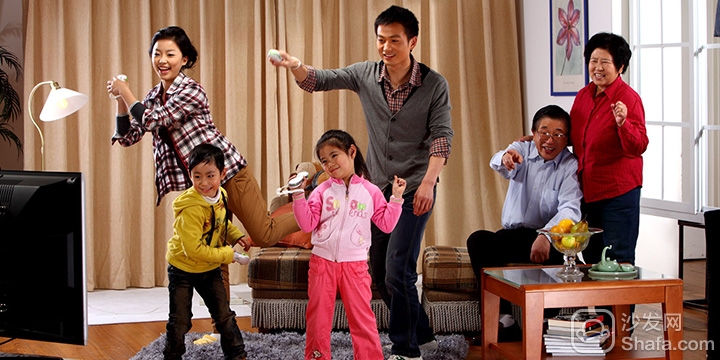Most of the 80's childhood is probably good at a game on the learning machine of the "Xiamen," or Contra, Super Mario, or a tank battle.
At that time, the TV-centered area in the living room was a paradise for the whole family to enjoy. On the weekends, the children can use the “XiaoBaWang†learning machine to manipulate the slightly funny Mario to eat one mushroom after another; after dinner, the whole family will sit on the soft sofa in the living room to watch it easy to understand and Touching people's soap operas.
At that time, the bedroom was a "hell" where children had to work and sleep early. During the writing assignment or the time of sleeping, if the child dares to sneak out from the bedroom to the living room to play games or watch TV or whatever, once the parents discover it, the consequences will be disastrous.

In order to prevent young people from indulging in games, the state banned the sale of game consoles in the Mainland in 2000.
Later, with computers at home, family members walked into the study from the living room. The computer screen once occupied prime time in the evening.
Later, each family member had his own mobile phone, and they entered the bedroom from the study. The mobile phone became their new favorite after the meal. The TV was left out in the corner of the living room and became a household appliance that was covered with dust and even became grandparents.
Declined in Chinese TV and video games. The host game in the United States has long been a sudden emergence and has become an important growth point in the game industry. The host game is compatible with the American family's value. The American potato sofa and the family play together, making it have a long-term vitality, and will also reorient the position of the TV in the living room.

At the end of 2014, the Shanghai Free Trade Zone was one step ahead and Japan's console games were allowed to enter China. Genuine host times come. If promoted properly, console games that have only spread among enthusiasts will expand into living rooms in first and second-tier cities. We know that the best way to keep any space sticky is to play. The screen is the most attractive product in the living room or home. The combination of games and television means that people can return to the living room.
The huge game setup of traditional consoles and the production thinking of the lonely Japanese can affect the promotion of console games in China. However, if this market is to be domesticated, it is very likely that in accordance with regulations and market arrangements, games that are more suitable for Chinese families will be introduced. As long as the direction is accurate, in the living room, there will be opportunities for host games to temporarily save TV. The upgrade of console games and TVs may shape the core product of the living room.